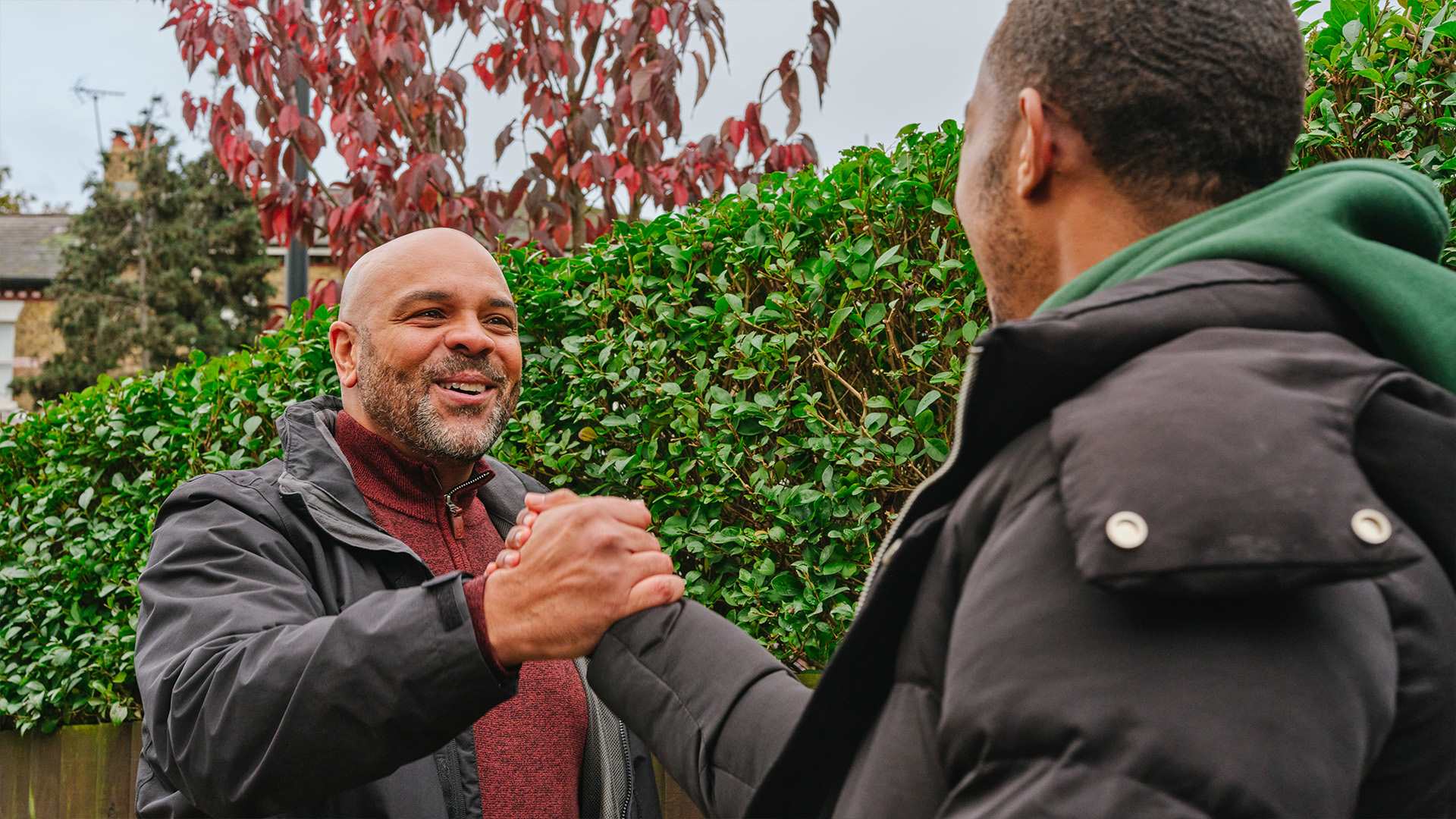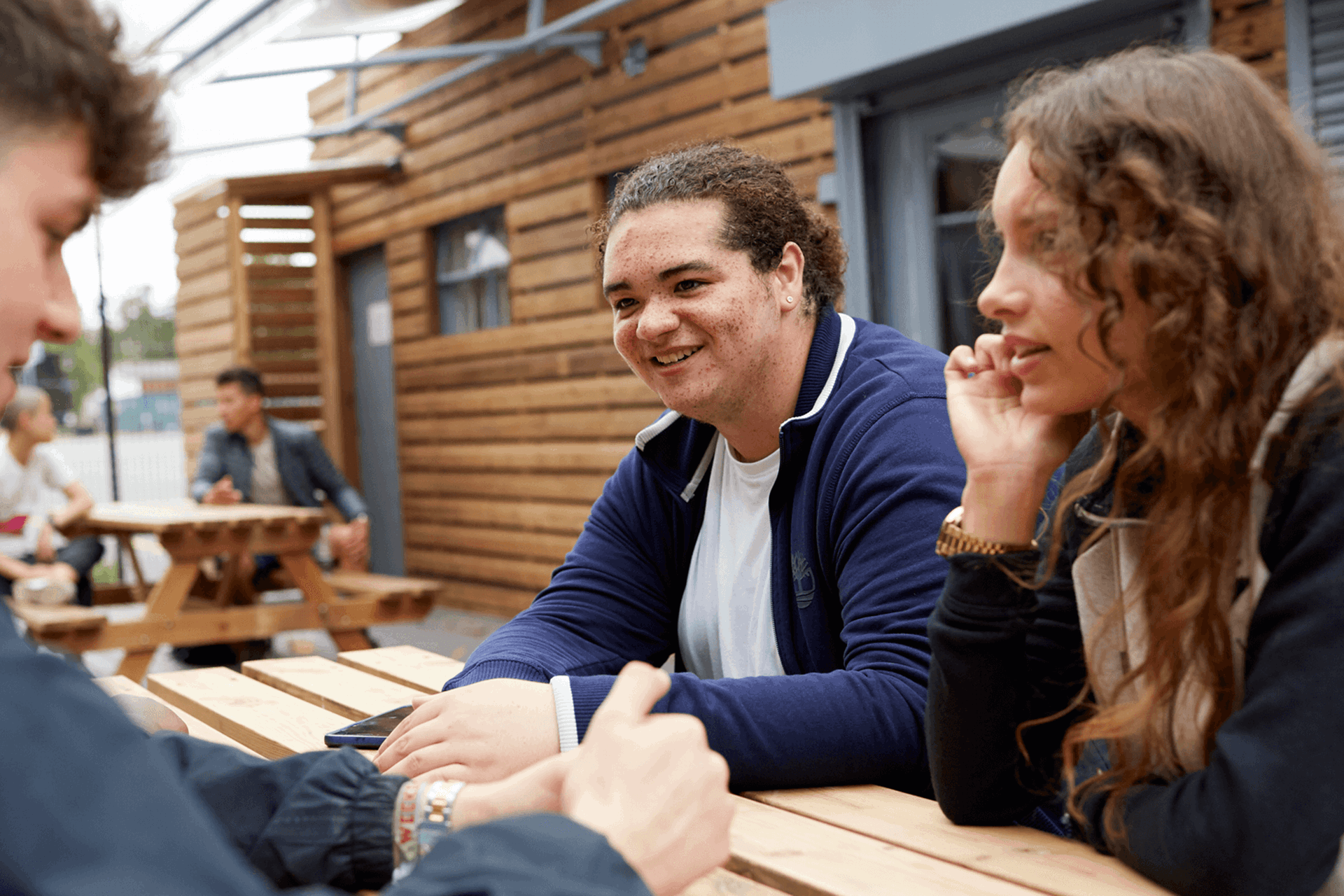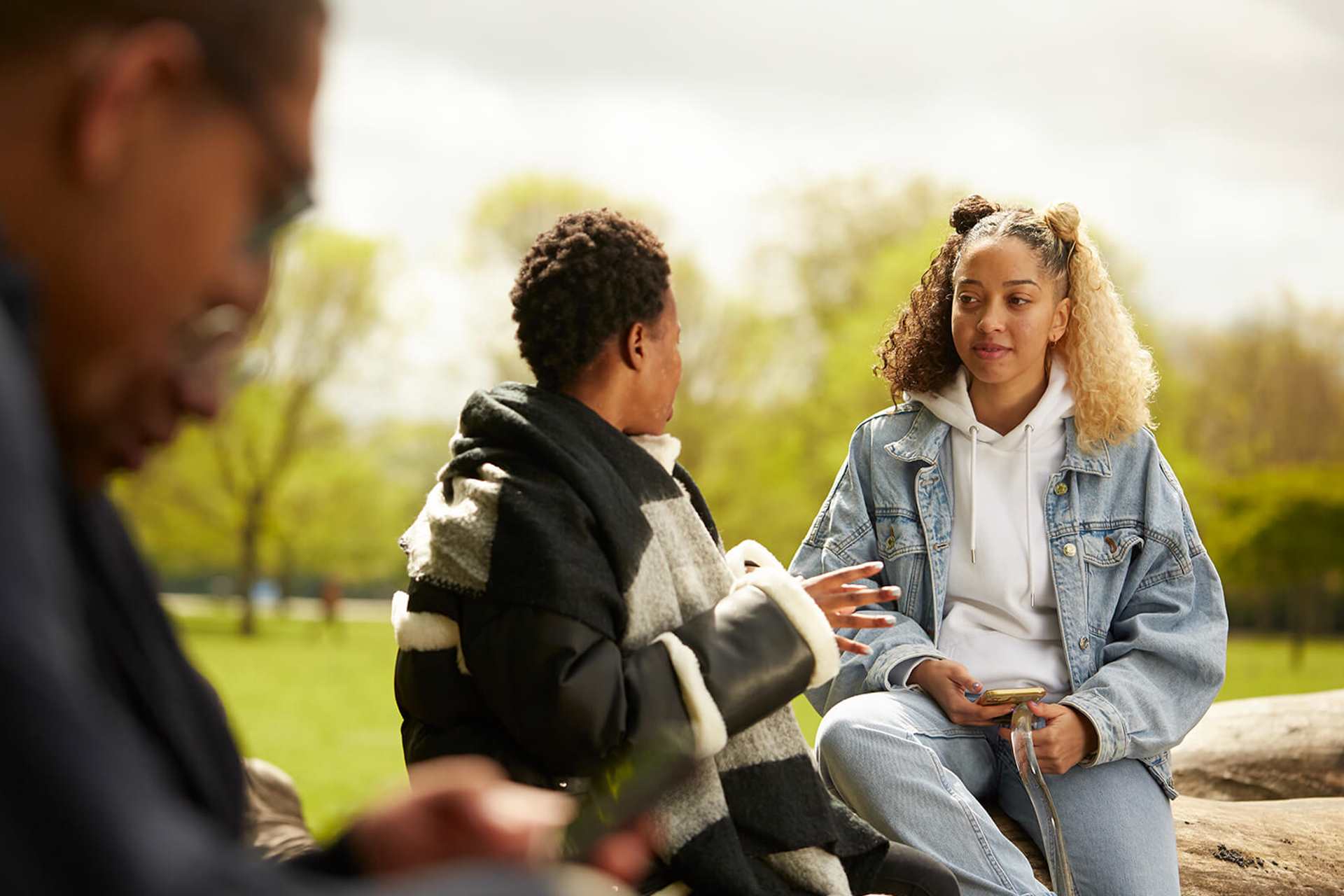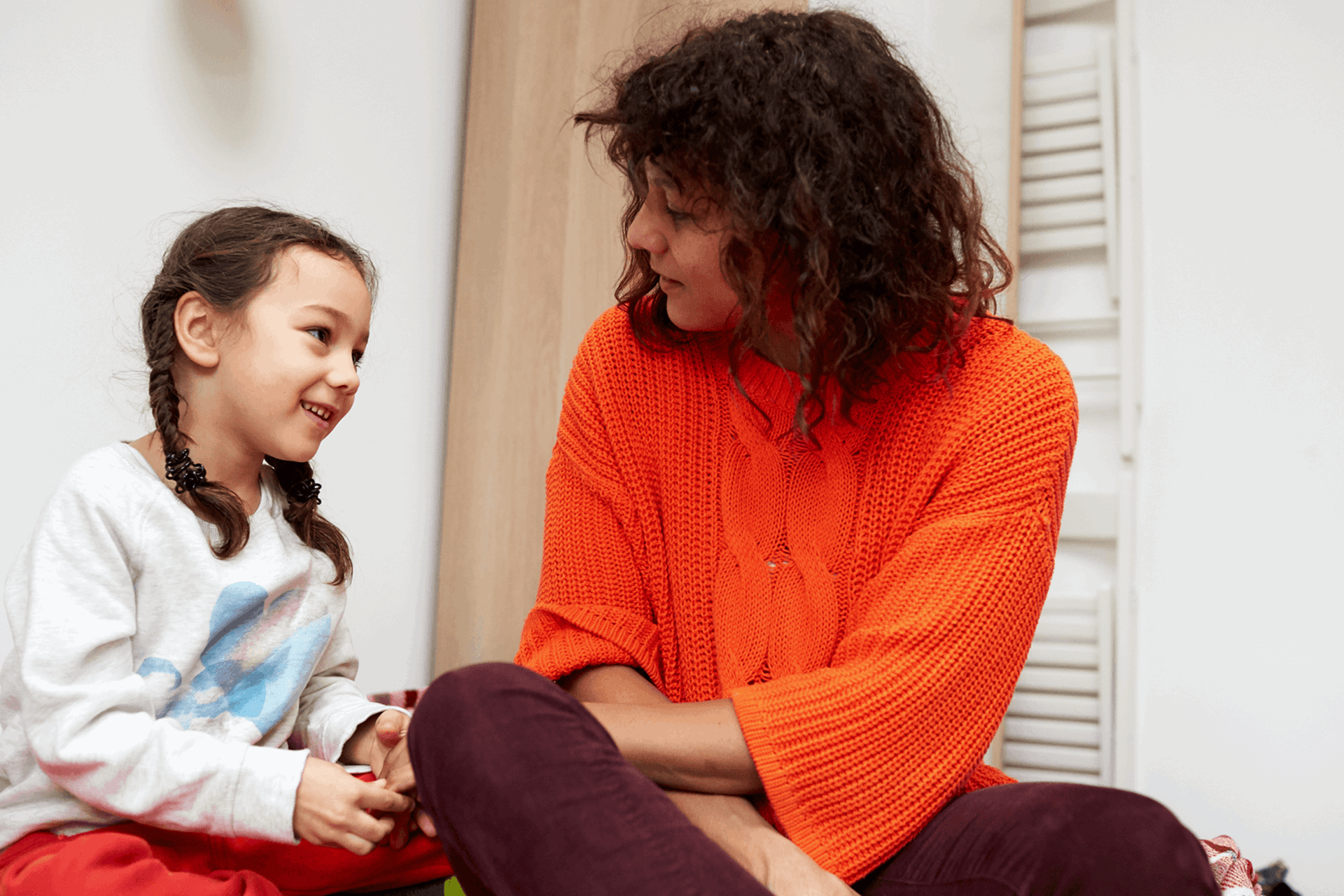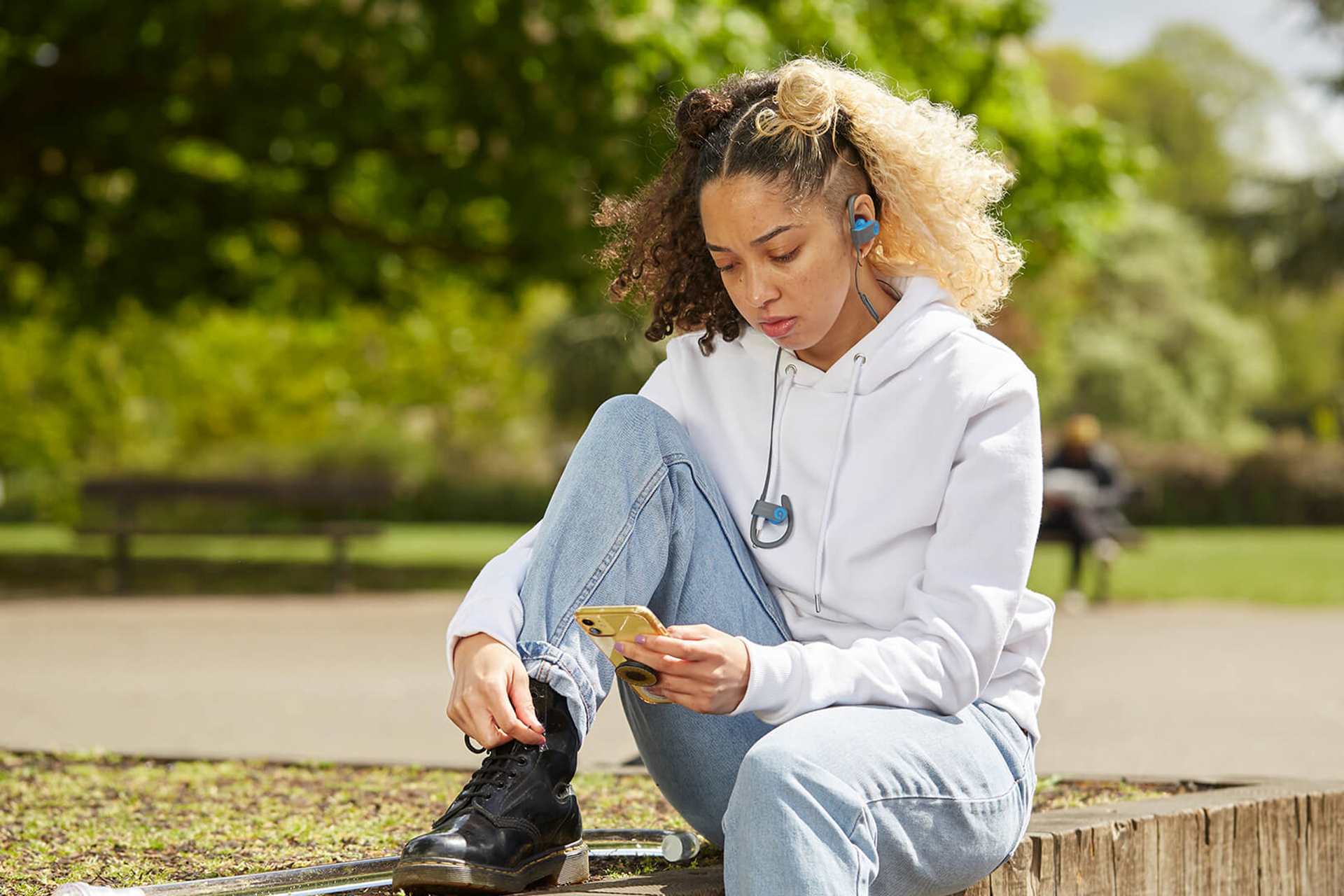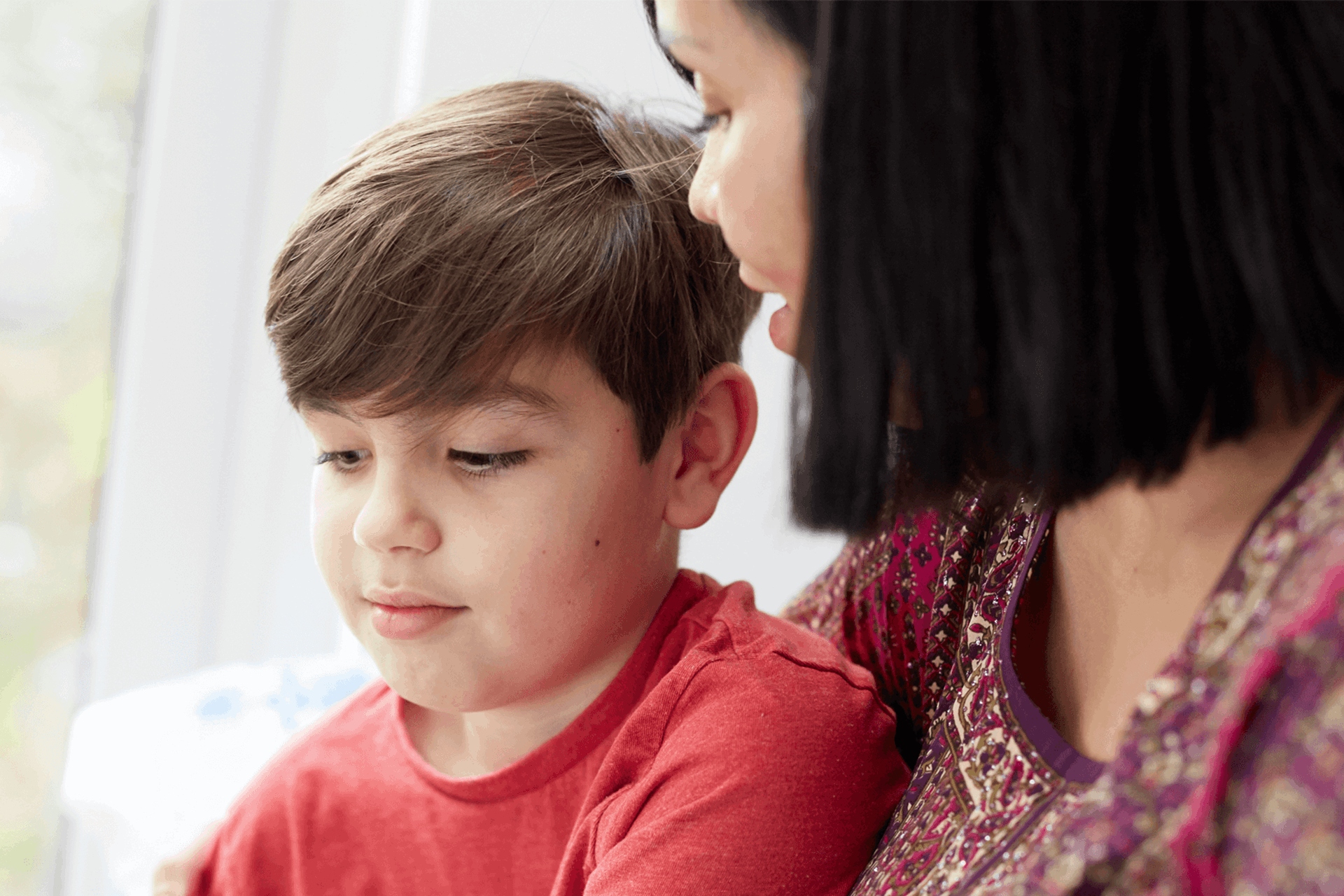YoungMinds has been working with King's College London (KCL) since 2018 on their Social Media, Smartphone Use and Self-Harm In Young People Study (3S-YP). The insights in this series of spotlight stories come from a specific piece of work led by our Youth Advisors to contribute towards our understanding of social media and mental health.
We would like to extend our appreciation and thanks to YoungMinds Activists who joined focus groups and the interview to contribute and consult with us on the topic. Without them, creating the blog would not have been possible.
Introduction
Researchers at Kings College London have been working with YoungMinds to support their study about young people’s use of smartphones and social media and their experiences of self-harm. This study involved collecting data from young people who had recently accessed secondary mental health services in South London. Through the YoungMinds Youth Activist and Advisor programmes young people have helped to design the study, interpret the findings and think about how they could used to make a difference for other young people.
To help understand what young people would find useful to support them, we did some research of our own with YoungMinds Youth Activists to gather their opinions on the relationship between social media use and their mental health.
We’ve turned these findings into two blogs to share our learning with other trusted adults who are supporting young people.
In this first part we explore the push and pull factors young people experience when using social media. The second part focuses on what young people want adults to know about social media use and their mental health.
What young people want adults to know about social media and mental health
Both in professional mental health services and day-to-day living, young people told us that adults in their lives don’t always have a good understanding of social media and the impact it can have on young people’s mental health. We worry that this could lead to assumptions being made and could turn social media into a scapegoat for any problems a young person might be facing.
From our research, it was clear that young people have a “love/ hate relationship with social media” and they felt a mix of ‘push’ and ‘pull’ factors.
One Activist told us:
Instead of looking at the issue of what was actually going on, [adults] just blame it on social media, and it's nothing to do with [it].
Learning not just how young people use different social media platforms, but also why, could improve connection between adults and young people and reduce barriers young people feel when wanting to talk to trusted adults about social media.
If adults have a more rounded understanding about social media, it is also likely to make mental health support and social media education more relevant and impactful for young people, instead of vague and judgemental.
Here are some ways that you can help a young person with their use of social media:
Don’t assume to know what factors push and pull young people to using social media, always ask the young person and remember it is not as easy for a young person to just remove themselves from the online world!
Ask whether young people find support online, or if they are supporting others online so you can learn more about their support network.
Prioritise empathy by checking-in on how a young person is feeling, in place of checking-in and criticising the content that they are engaging with.
Speak more about social media and young people’s experiences online. We heard that young people did not feel that social media was spoken about enough with mental health professionals or with schools, and when it was spoken about young people did not feel supported if they experienced something outside of the setting, e.g. when experiencing cyberbullying outside of school.
Conclusion
Social media is part of day-to-day life, and conversations about its use should be too. Rather than expecting one big chat about all the ways social media affects mental health, take a regular, consistent approach. Speak about the feelings rather than just the activity or consumption. Don’t stop asking just because it feels uncomfortable, or unknown, to you as it shows you care.
More information and advice
Spread the word
